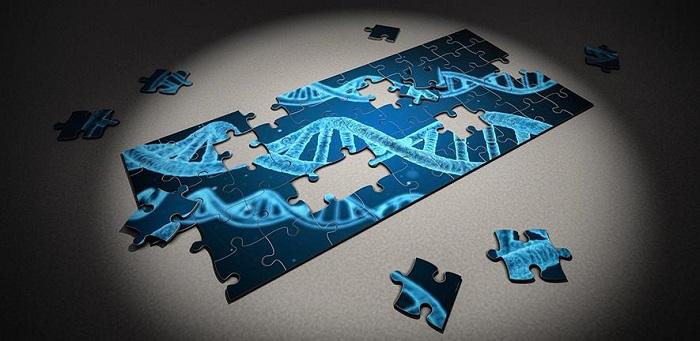Type 2 diabetes is thought to be driven in part by inherited genetic factors, but many of these genes are yet unknown. Previous large-scale studies have depended on efficient ‘array genotyping’ methods to measure genetic variations across the whole genome. This approach typically does a good job at capturing the common genetic differences between people, though individually these each confer only small increases in diabetes risk.
Recent technical advances have allowed more comprehensive genetic measurement by reading the complete DNA sequences of over 20,000 genes that code for proteins in humans. Proteins are essential molecules that enable our bodies to function. In particular, this new approach has allowed for the first time a large-scale approach to study the impact of rare genetic variants on several diseases, including type 2 diabetes.
By looking at data from more than 200,000 adults in the UK Biobank study, researchers from the Medical Research Council (MRC) Epidemiology Unit at the University of Cambridge used this approach to identify genetic variants associated with the loss of the Y chromosome. This is a known biomarker of biological ageing that occurs in a small proportion of circulating white blood cells in men and indicates a weakening in the body’s cellular repair systems. This biomarker has been previously linked to age-related diseases such as type 2 diabetes and cancer.
In results published in Nature Communications, the researchers identified rare variants in the gene GIGYF1 that substantially increase susceptibility to loss of the Y chromosome, and also increase an individual’s risk of developing type 2 diabetes six-fold. In contrast, common variants associated with type 2 diabetes confer much more modest increases in risk, typically much lower than two-fold.
Image: DNA jigsaw
Credit: qimono
Reproduced courtesy of the University of Cambridge
